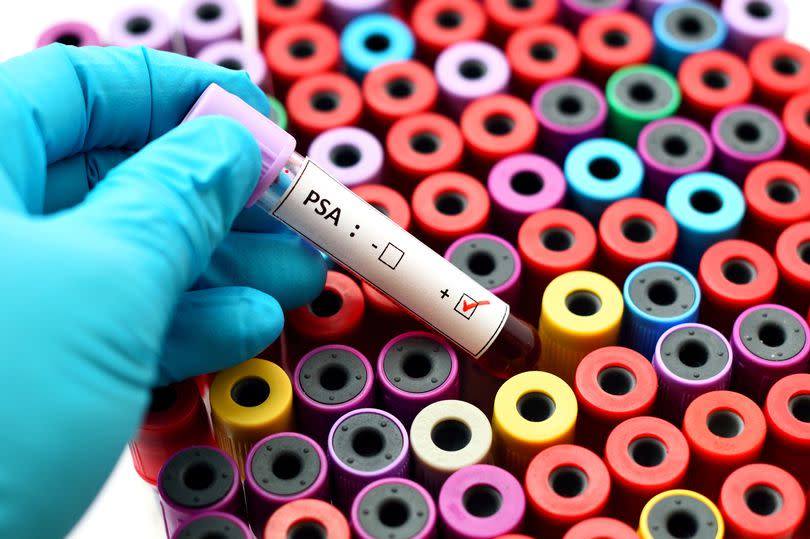Little-known STI has seen 24% rise in cases - everything you need to know from symptoms to treatment

A little-known STI, Shigella or dysentery, has seen a 24% rise in cases over the past four years, prompting experts to urge people to be aware of its signs and symptoms. This highly infectious bacteria, spread through faecal matter, is less common than STIs such as chlamydia and gonorrhoea, but the steady increase in cases each year is causing concern.
While dysentery is often associated with medieval times or caused by lack of clean water, particularly in countries with substandard sewage systems that leak into water supplies, it can also be transmitted through sexual activity.
Dr Bhavini Shah, a GP from LloydsPharmacy Online Doctor, shed more light on this STI and how it spreads. Speaking to the Express, she said: "Its a highly infectious bacteria which commonly causes diarrhoea and vomiting, as well as abdominal pain and fever."
"Shigella is caused by bacteria found in faeces. Only a tiny amount needs to get into your mouth to pass it on for example, from your fingers. It's often caused by contaminated food, but it can also be passed on sexually."
A person who contracts shigella can remain infectious for up to a month, capable of transmitting the disease to others. The infection is highly contagious and, alarmingly, antibiotic-resistant strains are becoming increasingly prevalent, Dr Shah reports, reports the Mirror.
She remarked: "There has been a 53% increase in antibiotic-resistant shigella from January to November 2023, with 97 cases being reported, compared to just nine cases for the whole of 2022."
To prevent contracting shigella through sexual contact, Dr Shah advises practicing "good sexual hygiene". She suggests: "This involves washing your hands after sex, sanitising sex toys, and using a dental dam if you're engaging in anal rimming. It is also important to avoid any sort of oral sex after having anal sex."
Dr Shah further advised: "In everyday life, you can easily avoid catching shigella by washing your hands thoroughly with warm water and soap before you eat and after you use the toilet."
Dr Shah has offered advice for those who suspect they might have contracted shigella through sexual contact, outlining steps to get tested and treated. She advised: "If you're experiencing symptoms you should contact your GP or local sexual health clinic."
She added that it's crucial to inform healthcare providers about the potential sexual transmission of the infection: "You should explain to them that you may have picked up a gut infection from sex, possibly shigella. The doctor needs to know this so you get the right tests and treatment."
Dr Shah reassured that while the illness usually resolves within a week, severe cases may require antibiotics: "For most people, the illness gets better on its own after 3 to 7 days. But some people can have a severe illness. If your symptoms are severe or persistent, a GP may prescribe a short course of antibiotics."
To prevent spreading the infection, Dr Shah recommends avoiding sexual activity until a week after symptoms disappear and also suggests not sharing bedding, towels, or clothes, as well as staying away from food preparation. She emphasized the importance of hand hygiene: "Shigella is also highly contagious, so you should try to work from home or take sick leave until at least 48 hours after symptoms cease."
Particularly for those in certain professions, she highlighted the need for clearance from public health officials: "This is especially important if your job involves handling food and drink or you work in healthcare, as you will need to be given the all-clear by a public health official."
Lastly, Dr Shah encouraged anyone with concerns about their sexual health to seek professional advice: "If you have other symptoms or are worried about your sexual health, it is always best to visit your local STI clinic or order a postal STI testing kit."

 Yahoo News
Yahoo News 
